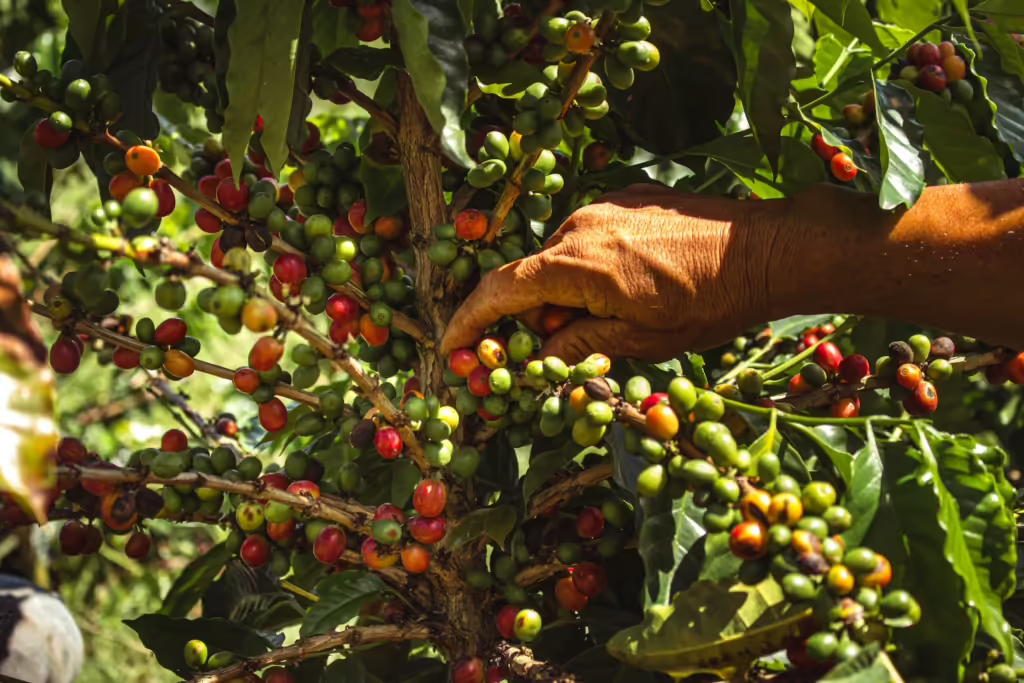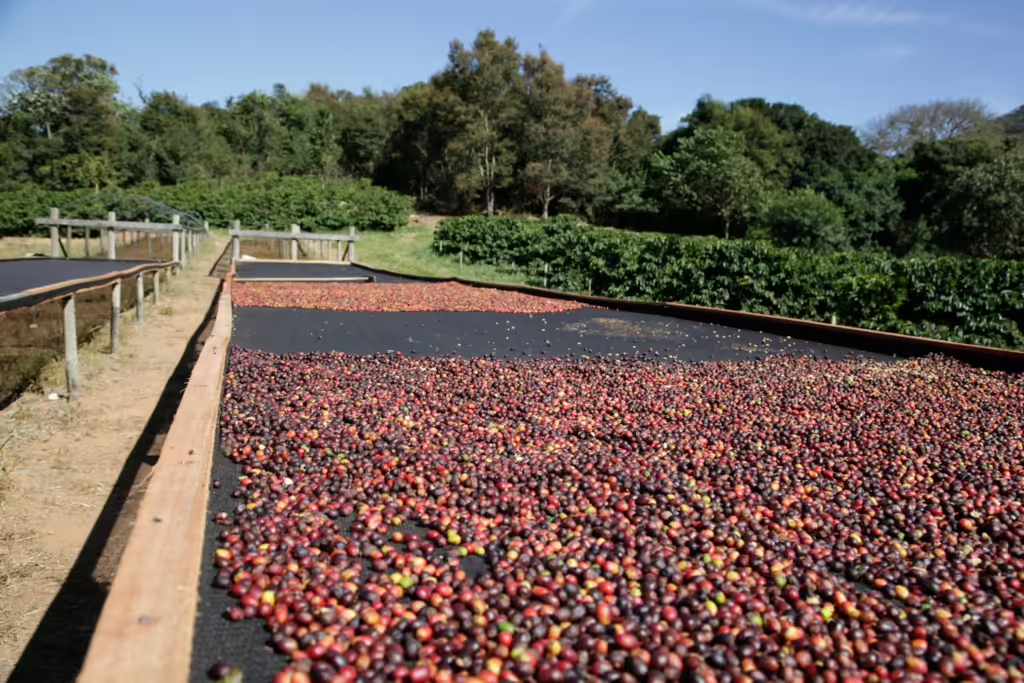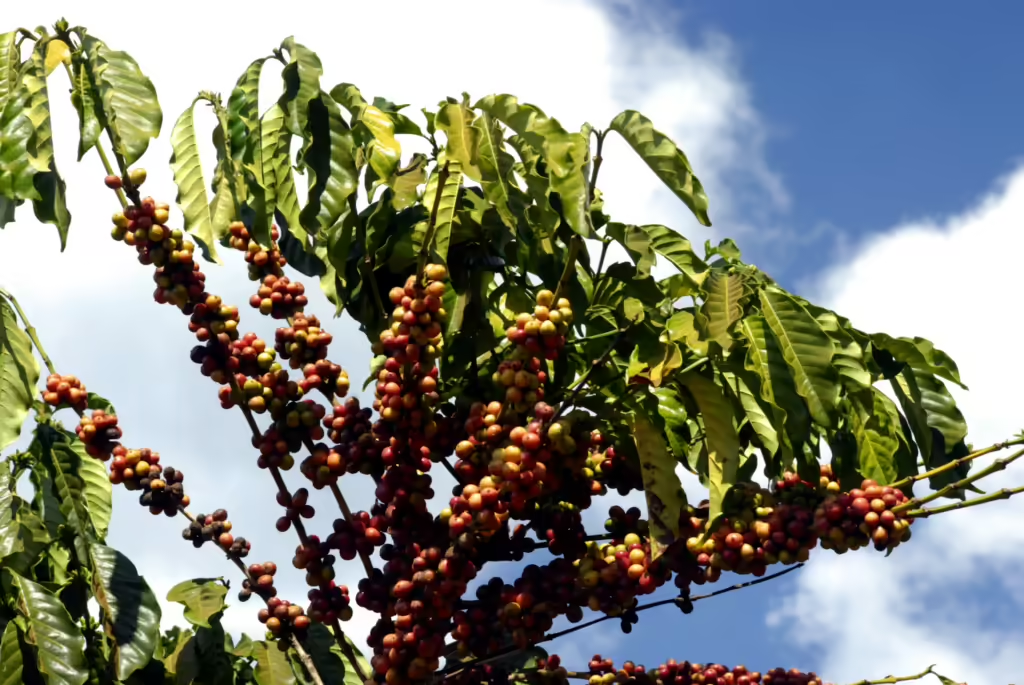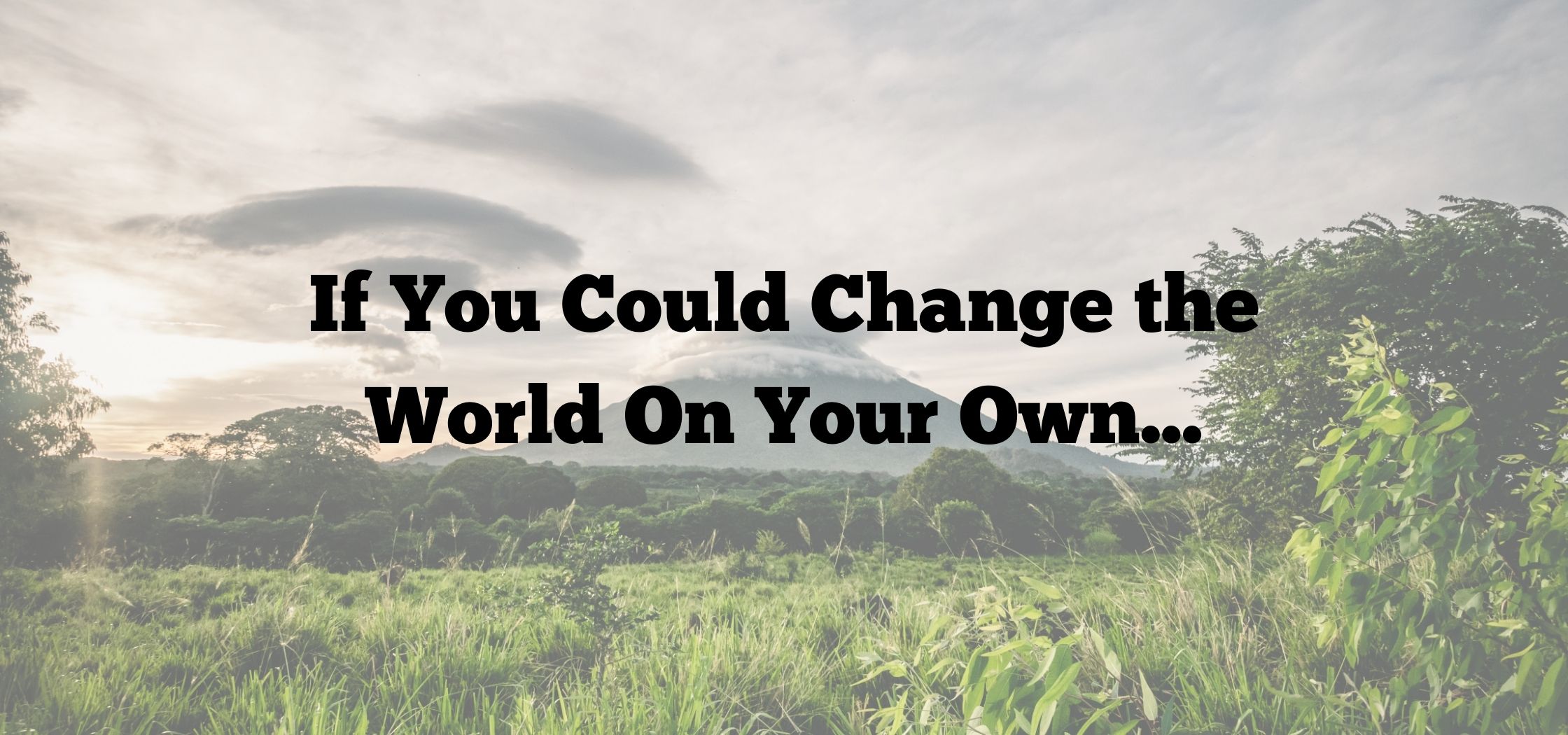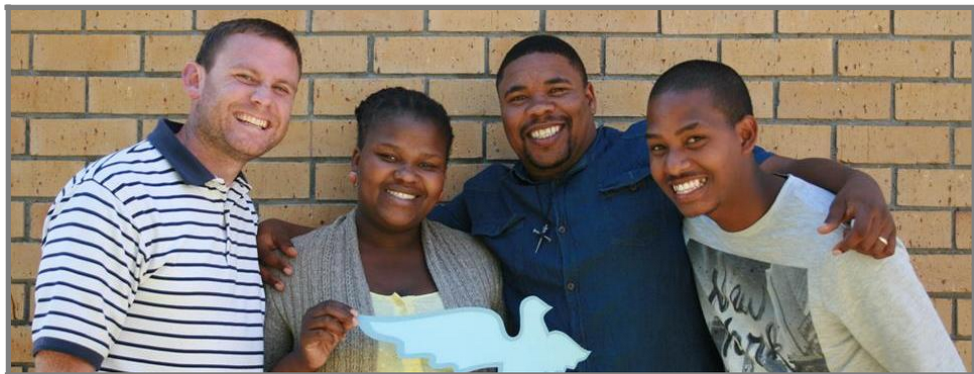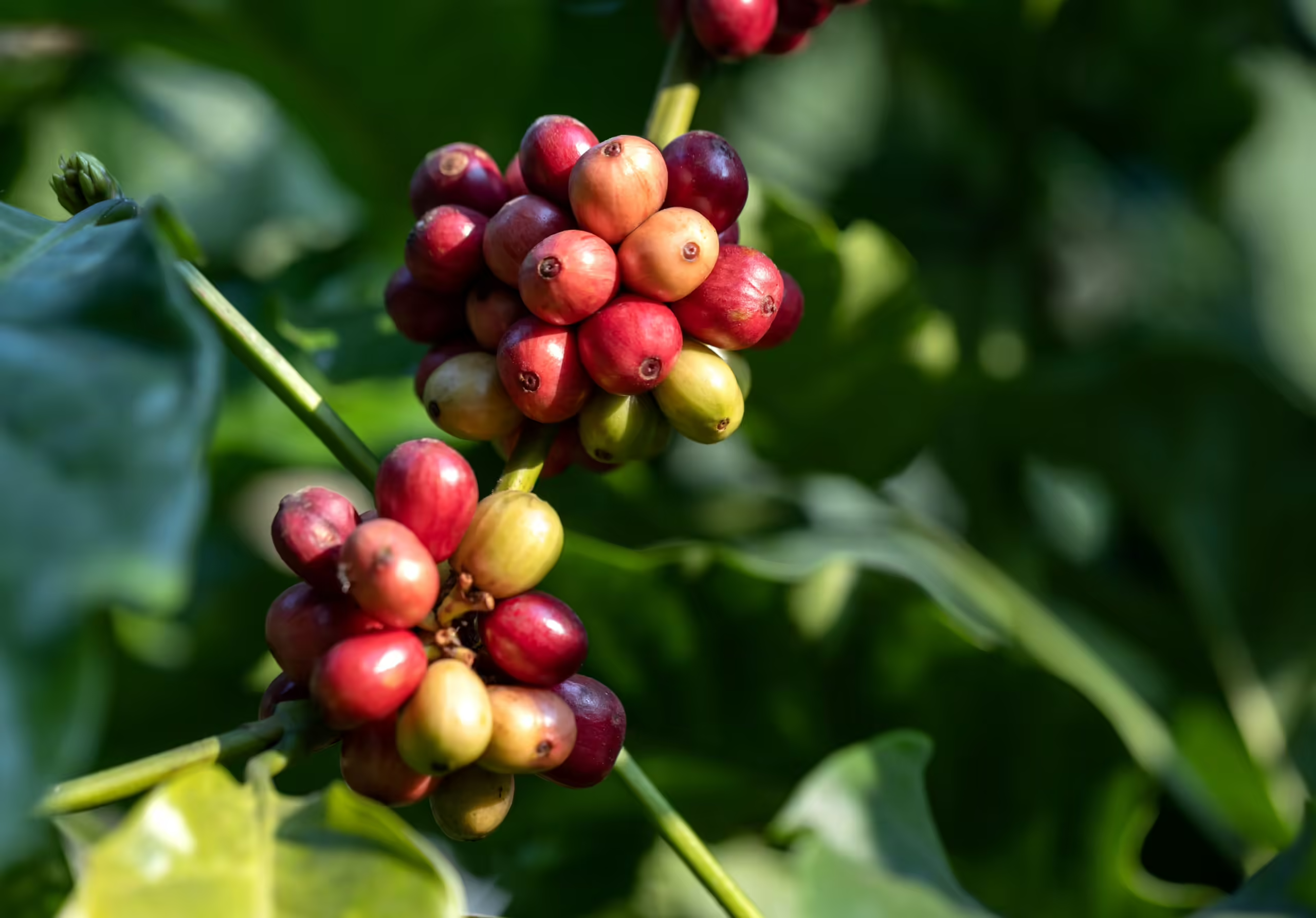
Coffee Beans Aren’t Really Beans – They’re Seeds!
If you’re a coffee lover, you probably talk about “coffee beans” all the time – how they’re roasted, ground, brewed, and savored. But here’s a little-known fact that might surprise you: coffee beans aren’t beans at all. They’re seeds!
So, What Exactly Is a Coffee Bean?
Coffee beans are the seeds of the fruit of the coffee plant. These fruits are called coffee cherries—small, round, and typically bright red or purple when ripe. Inside each cherry, you’ll usually find two seeds nestled together. These are what we call coffee beans. The term “bean” comes from their shape, which resembles true beans like kidney or pinto beans. But botanically speaking, they have nothing to do with legumes. They’re actually more like the pit of a peach or cherry—the seed of a stone fruit.
From Cherry to Cup
Once harvested, coffee cherries go through a processing method to remove the fruit and pulp, leaving behind the seeds.
This can be done in one of 3 ways:
- Dry Process. This is the natural method and is the oldest and most traditional way for the seeds to be removed from the fruit.
- Washed Process. This method is commonly used for high quality Arabica beans.
- Semi-Washed. This method is a hybrid between the dry and washed processes.
Each method affects the flavor of the final coffee and the coffee’s environmental impact. The seeds are then dried and roasted to make the delicious brew we all love. But before roasting, they’re green in color and smell nothing like coffee!
What happens to the cherry after the coffee seed is removed?
Normally the discarded cherry is used as compost on the coffee farm. This returns the nutrients back into the soil. However, sometimes the cherry is used to make Cascara – a tea-like beverage with a unique mild and fruity flavor. The fleshy part of the cherry, known as the coffee pulp can be used in animal feed or as a substrate for growing certain types of mushrooms.
Why does It Matter?
Understanding the journey of coffee, from fruit to seed to cup helps us appreciate just how remarkable this drink is. It also reminds us that coffee is an agricultural product, deeply connected to the soil, climate, and care of farmers around the world. Every cup you drink represents a long and fascinating journey.
If you plant a coffee bean, will it grow a coffee tree?
If you plant an unroasted coffee seed, it can sprout and grow into a coffee tree, although it takes a few years before it produces its own cherries. Roasted coffee beans, however, are essentially cooked and sadly won’t grow into anything.

